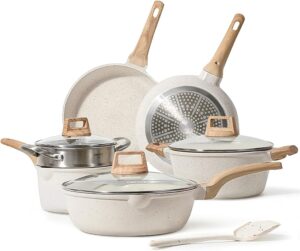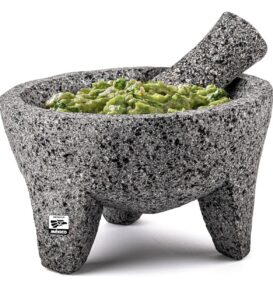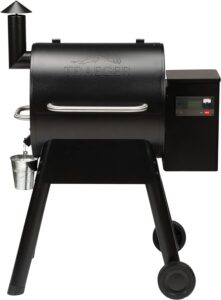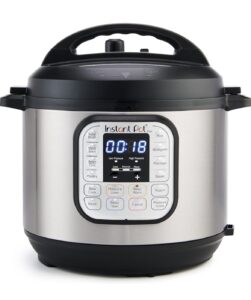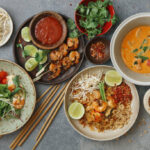2024 Majestic Culinary Adventures: Naija Nosh – A Journey through the magnificent Nigerian Cuisine
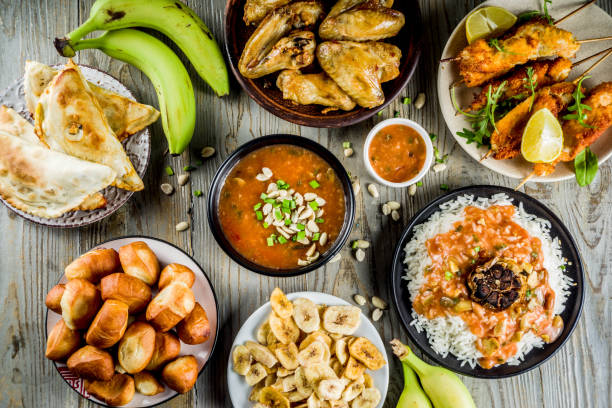
Savoring the Flavors of Nigeria
Welcome to a flavorful odyssey through the diverse and vibrant cuisine of Nigeria! Spanning across vast landscapes and cultural nuances, Nigerian food represents a fusion of traditions, ingredients, and culinary techniques, each telling a story of heritage and heritage. It is time to unravel the unique and delectable dishes that define Nigerian cuisine.
Table of Contents
A Taste of Tradition: Heritage and Influences in Nigerian Cuisine
Nigerian cuisine is deeply rooted in tradition, shaped by centuries of cultural exchange and local customs. The culinary landscape of Nigeria is a melting pot of indigenous ingredients, regional specialties, and foreign influences, reflecting the country’s rich and diverse heritage. From the hearty stews of the Yoruba people to the fiery flavors of the Igbo cuisine, and the savory delights of the Hausa-Fulani dishes, Nigerian cuisine is a testament to the country’s cultural diversity and culinary ingenuity.
Exploring Nigeria’s Culinary Regions: From North to South
One of the most fascinating aspects of Nigerian cuisine is its regional diversity, with each part of the country boasting its own unique culinary traditions and specialties. In the northern region, dishes like tuwo shinkafa (rice pudding) and miyan kuka (baobab leaf soup) are popular staples, reflecting the influence of Fulani and Hausa culinary traditions. In the south, seafood reigns supreme, with dishes like banga soup (palm nut soup) and edikang ikong (vegetable soup) showcasing the abundance of fresh ingredients available in the coastal areas.
The little Things in Nigerian Cuisine: Snacks and Small Bites
No exploration of Nigerian cuisine would be complete without a journey through its bustling street food scene. From the savory aromas of suya grilling over open flames to the sweet scent of akara frying in hot oil, Nigerian street food offers a tantalizing array of flavors and textures that capture the essence of Nigerian culinary culture. Whether it’s the spicy kick of peppered snails or the comforting warmth of roasted plantains, Nigerian street food is a feast for the senses that delights locals and visitors alike.
Soulful Stews and Satisfying Swallows: Mainstays of Nigerian Cuisine
At the heart of Nigerian cuisine are hearty stews and sauces, often served alongside starchy staples known as “swallows.” Whether it’s egusi soup, a thick and savory melon seed-based stew, paired with pounded yam or eba (fermented cassava), or jollof rice, a fragrant and flavorful one-pot dish made with rice, tomatoes, and spices, Nigerian cuisine is known for its soulful and satisfying comfort food that brings people together around the table. Other popular dishes include ofada rice with ayamase (spicy green pepper sauce), asaro (yam porridge), and amala with ewedu soup (thickened jute leaf soup).
Indulging in Nigerian Cuisine Delicacies: From Pepper Soup to Suya
For those with adventurous palates, Nigeria offers a tantalizing array of delicacies that are sure to delight and surprise. Pepper soup, a spicy and aromatic broth flavored with a variety of meats and spices, is a beloved dish enjoyed across the country, while suya, thinly sliced and marinated meat grilled to perfection over an open flame, is a street food favorite that packs a flavorful punch. Other delicacies include isi ewu (spicy goat head), nkwobi (spicy cow foot), and abacha (African salad).
Sweet Endings: Nigerian Desserts and Treats
No meal in Nigeria is complete without a sweet ending, and Nigerian desserts and treats are as diverse and delicious as the country’s savory dishes. From puff-puff, crunchy and sweet fried dough snacks, to chin-chin, fried dough cookies, and kunun gyada, a creamy and satisfying millet-based pudding, Nigerian desserts offer a delightful array of flavors and textures that satisfy the sweet tooth of any diner. Other popular desserts include moin moin (steamed bean pudding), akamu (fermented corn pudding), and coconut candy.
Essential Cookware for Nigerian Cooking: Tools of the Trade
No exploration of Nigerian cuisine would be complete without a look at the essential cookware that shapes its flavors and textures. From traditional clay pots to modern stainless steel cookware, Nigerian cooking relies on a variety of tools to bring out the best in its dishes. Here are some essential items you’ll find in a Nigerian kitchen:
1. Pots and Pans: Large, sturdy pots are essential for cooking Nigerian stews and soups, while frying pans are used for sautéing and frying meats and vegetables.
2. Mortar and Pestle: A mortar and pestle, typically made of wood or granite, is used to grind spices, herbs, and other ingredients to create flavorful pastes and sauces.
3. Grill or Barbecue: Grilling is a popular cooking method in Nigeria, especially for meats like suya and fish. A charcoal grill or barbecue is often used to achieve that smoky, charred flavor.
4. Blender or Food Processor: Blenders and food processors are indispensable tools in Nigerian kitchens, used to blend ingredients for soups, sauces, and smoothies.
5. Pressure Cooker: With the fast-paced nature of modern life, pressure cookers have become increasingly popular in Nigerian kitchens for their ability to quickly tenderize tough meats and cook beans and legumes in a fraction of the time.
As we conclude our odyssey through the flavors of Nigeria, I hope you’ve been inspired to explore the diverse and delicious dishes that define Nigerian cuisine. Whether you’re savoring the bold flavors of street food favorites, indulging in hearty stews and swallows, or indulging in sweet treats and desserts, Nigerian cuisine offers a culinary adventure that is as rich and varied as the country itself. So gather your ingredients, fire up the stove, and let the flavors of Nigeria transport you to a world of culinary delight and discovery. Na gode! 🍽️🇳🇬
Read More:
Stainless Steel vs. Cast Iron: Your Ultimate Guide in 2024!

